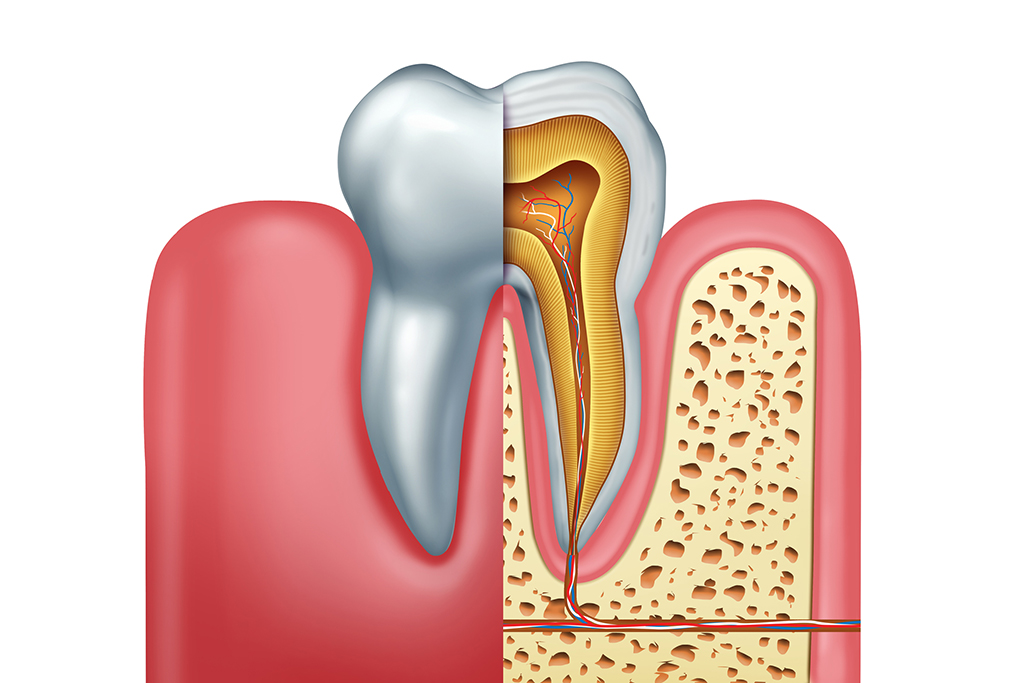Why Does a Tooth Need Root Canal Treatment?

Teeth withstand daily stresses, but severe damage can penetrate deep into their structure. At Lowry Endodontics in Denver, Colorado, Dr. Karmali specializes in preserving natural teeth through root canal therapy for patients across the Rocky Mountain region. If you’re searching for “why is a root canal needed” or “root canal causes,” this guide explains the key reasons this treatment becomes necessary. Root canal therapy targets the tooth’s pulp. The pulp is the inner chamber of the tooth and houses the nerves, blood vessels, and immune system. This pulp needs to be treated if it becomes inflamed or infected. This is typically painless if done carefully.
Common Causes of Pulp Damage
Deep decay frequently requires intervention when it gets near the pulp. Bacteria penetrate and invade the pulp, triggering infection and painful inflammation
Cracks or chips can expose the pulp. Physical trauma from accidents or blows fractures the tooth, exposing the pulp to bacteria and environmental factors.
Repeated dental procedures gradually weaken the tooth. Faulty crowns or fillings may leak over time, exposing the pulp to contaminants.
Gum disease and abscesses contribute as well. Infections from surrounding tissues spread inward, compromising the pulp’s health
Signs That Signal a Problem
Certain symptoms indicate the need for treatment. You can experience ongoing pain while biting or chewing, which doesn’t subside quickly.
Prolonged sensitivity to hot or cold temperatures persists. Swelling develops around the affected tooth, or the enamel begins to darken. In some cases, pus drains from an emerging abscess.
Sometimes, there are no symptoms at all. The pulp can quietly die and become infected. Over time, the jaw bone can become severely damaged. At some point, this “silent infection” can awaken and cause severe pain and/or swelling.
Ignoring these warnings allows the infection to escalate, potentially leading to tooth loss or broader health complications.
A Real Patient Experience
A patient from the Rocky Mountain region visited us with intense throbbing from a cracked molar. The deep crack had reached the pulp, causing significant discomfort.
We employed high-resolution CBCT imaging to evaluate the damage precisely. Laser-assisted irrigation via the Fotona LightWalker and SWEEPS method ensured thorough canal disinfection. Over multiple visits, we placed antimicrobial medication to combat the infection. Subsequent follow-ups verified complete healing, allowing the patient to retain their tooth and avoid extraction.
Our Advanced Approach to Treatment
At Lowry Endodontics, we emphasize precision in every step. CBCT scans uncover hidden anatomical details, while SWEEPS technology targets bacteria in challenging areas. Antimicrobial agents between visits eradicate lingering threats, and post-operative assessments confirm long-term success. We prefer to be careful over quick. In most cases, our treatments are absolutely painless.
Even alternatives like dental implants carry risks of infection, which can prove more difficult to resolve.
When to Seek Help
If tooth pain, swelling, or other symptoms arise, don’t delay professional evaluation. We provide expert care for Denver and the Rocky Mountain region. Visit www.lowryendo.com to review our services, patient stories, or schedule a consultation with Dr. Rahim Karmali. Take action to protect your oral health today.
